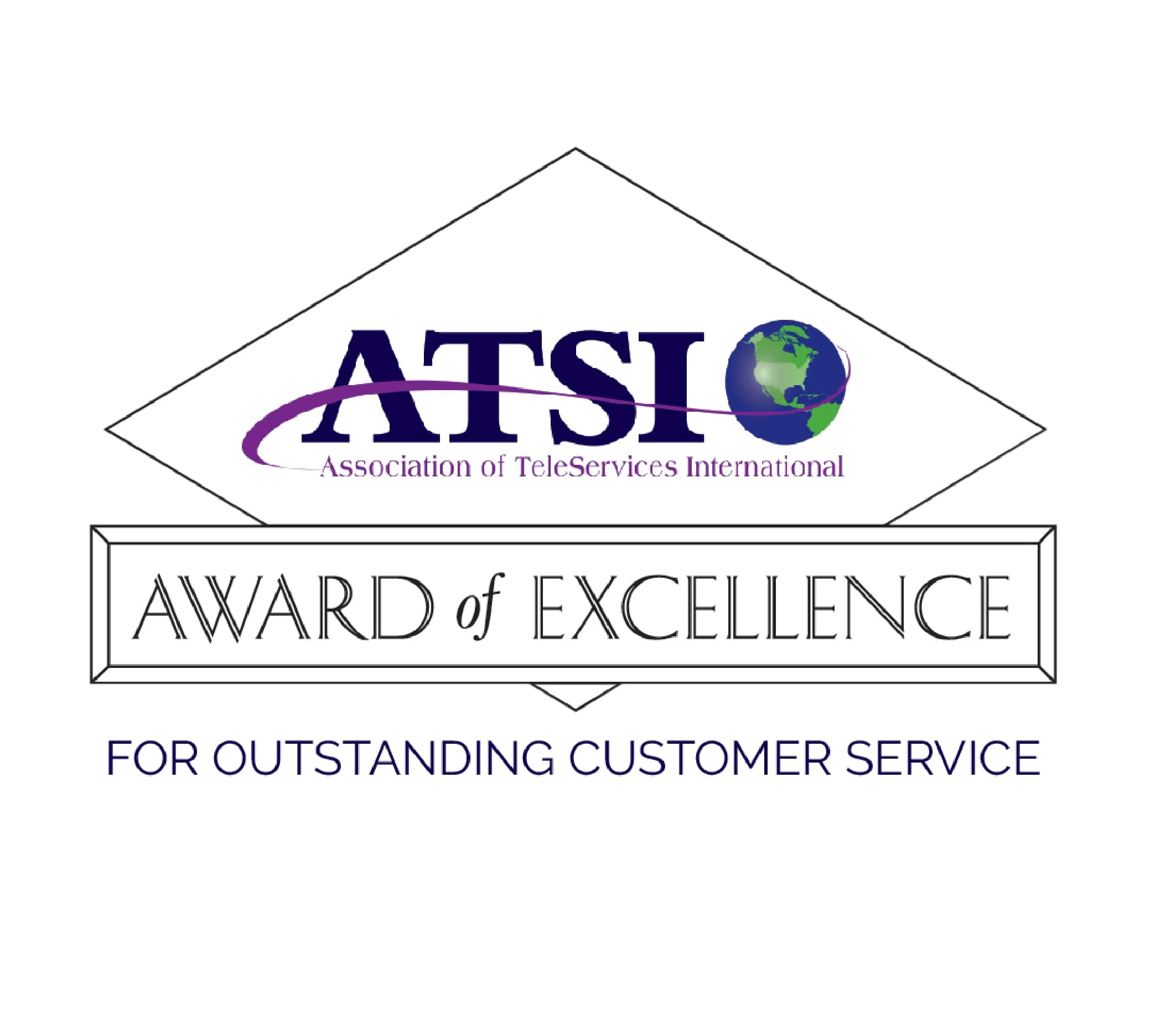
If you run a sales organization, you know that managing customer interactions isn't just important—it's a make-or-break factor for sales success. Consider this: 93% of customers are more likely to make repeat purchases with companies that offer excellent customer service, and businesses that prioritize customer experience can generate 5.7 times more revenue than their competitors. Every call, every interaction, is a potential sales opportunity that can either propel your business forward or send customers straight to your competitors.
Two popular solutions that companies often consider are Virtual Receptionists and Interactive Voice Response (IVR) systems. At Responsive Answering Service, we know first-hand the importance of choosing the right communication tools and partner for your business. We can confidently say, virtual receptionists are your secret weapon for transforming sales performance and customer engagement. By leveraging our professional answering agents, you can dramatically uplevel your organization's ability to capture leads, improve customer satisfaction, and drive revenue growth. If, like many other sales leaders, you are debating virtual receptionists vs. IVR, let’s review the distinct advantages that virtual receptionists offer over automated systems.
Understanding Virtual Receptionists vs. IVR
A virtual receptionist is a real person who remotely handles calls, routes calls, schedules appointments, and manages customer inquiries. They provide a personalized touch to customer interactions, offering human empathy and adaptability. A virtual receptionist not only ensures that no call goes unanswered but also engages with customers in a way that automated systems simply cannot replicate. By understanding the nuances of each interaction, they can tailor responses to meet individual needs, fostering stronger relationships and enhancing overall customer satisfaction.
IVR is an automated phone system that interacts with callers through pre-recorded voice prompts and menu options. It uses touch-tone keypad inputs or voice recognition to guide callers to the appropriate department or information. If the interactive voice response system cannot retrieve the information that the caller is asking for, the programmed menu options can provide assistance in call routing, sending callers to the appropriate representative for help. While IVR systems can efficiently handle high call volumes and provide quick answers to common inquiries, they often lack the personal touch that many customers prefer. This can lead to frustration, especially when callers find themselves navigating complex menus or waiting for assistance from a live representative.
How Virtual Receptionists Are Helping Sales Teams Meet Sales Goals
Virtual receptionists are a fantastic addition to any sales organization, helping to boost customer interactions and drive sales. They act as the friendly first point of contact for callers, ensuring that everyone feels valued and heard, which can lead to happier customers and better retention rates. By handling inquiries, scheduling appointments, and qualifying leads, virtual receptionists allow your sales team to focus on what they do best—closing deals!
For instance, if you run an HVAC business, you need to ensure that every customer call is answered promptly, even during peak hours or after business hours. With a virtual receptionist, also known as an HVAC answering service, this becomes a reality. No more missed calls or lost revenue opportunities; every inquiry is handled professionally, increasing the chances of converting leads into loyal customers. Picture your virtual receptionist managing appointment scheduling and filtering emergency calls from non-urgent ones, allowing your technicians to focus on delivering high-quality service instead of getting bogged down with administrative tasks.
Here are 5 ways a virtual receptionist can boost your sales:
- Handling Inbound Calls and Inquiries: Virtual receptionists can answer incoming calls, respond to customer inquiries, and provide information about products or services, ensuring that no potential lead is missed. For instance, if you operate an HVAC business, a virtual receptionist can screen incoming calls and route urgent calls to a designated team member, while sending general inquiries or promotional calls to a different department, or taking a message. When a homeowner calls in with an urgent air conditioner repair request on a hot summer day, your virtual receptionist can flag this call as high priority and connect the caller with the appropriate agent. If you rely on IVR systems, the burden is on the caller to navigate the menu and wait to be connected to a human representative. Unlike impersonal IVR systems that require customers to navigate complex menus, virtual receptionists offer a human touch—they can reassure stressed customers, gather critical information about the AC issue, and help you gain a loyal customer.
- Appointment Scheduling: Did you know virtual receptionists can schedule sales appointments directly in your calendar? This means you can focus on what you do best—selling—while they handle the logistics, ensuring that all your appointments are scheduled and that no potential lead slips through the cracks. With their help, you’ll spend less time on the phone and more time closing deals. Outsourcing call answering to a virtual receptionist allows you to quickly respond to urgent HVAC service requests and schedule installations or maintenance appointments without missing a beat.
- Lead Qualification: They can handle initial inquiries and qualify leads based on predefined criteria, ensuring that your sales team focuses on high-potential prospects. Virtual receptionists can use structured questionnaires to assess factors such as budget, decision-making authority, and urgency. For example, by identifying high-potential prospects early in the process, your sales team can concentrate their efforts on leads that are more likely to convert, which means higher conversion rates.
- Follow-Up Communications: If you run a sales organization, you know that satisfied customers drive repeat business. Increasing customer retention rates by just 5% can increase profits by 25% to 95%. Virtual receptionists can conduct post-sale follow-ups or check in with leads to gather feedback, maintaining engagement and nurturing relationships for future opportunities.
- Improved Customer Experience: As many as 75% of consumers will spend more with businesses that provide a good customer experience. Virtual receptionists represent your business with utmost professionalism, so that every time a customer calls, they receive a consistent experience: the call is answered promptly, callers are greeted with your company’s name and custom greeting, and the call is routed to the correct person or department. Every step in the process is an opportunity to impress your callers and leave a lasting positive impression that fosters trust and loyalty. First impressions are critical, as 71% of consumers say they’ve ended a business relationship due to poor customer service. When calls are answered promptly, with a professional greeting and a friendly tone, customers feel valued and heard, setting the stage for a strong relationship.
Many businesses rely on Interactive Voice Response (IVR) for handling inbound calls. While
IVRs can help with sales by automating call handling, routing inquiries to the appropriate department, and providing 24/7 availability; they often lack the personal touch.
Virtual receptionists perform the same essential functions as IVR systems—such as answering incoming calls, routing them to the right person or department, and providing callers with account information—but with the added benefit of a human touch that automated systems simply can’t replicate. For instance, instead of directing a potential HVAC customer through multiple prompts, a virtual receptionist can immediately assess their needs and schedule an appointment with a technician. This personalized approach leads to higher customer satisfaction and increases the chances of converting inquiries into sales.
Remember, in a competitive market, every interaction is an opportunity to make a sale or build a lasting customer relationship. When considering virtual receptionists vs. IVR, choose the solution that not only manages your calls but actively contributes to your sales growth and customer satisfaction.










